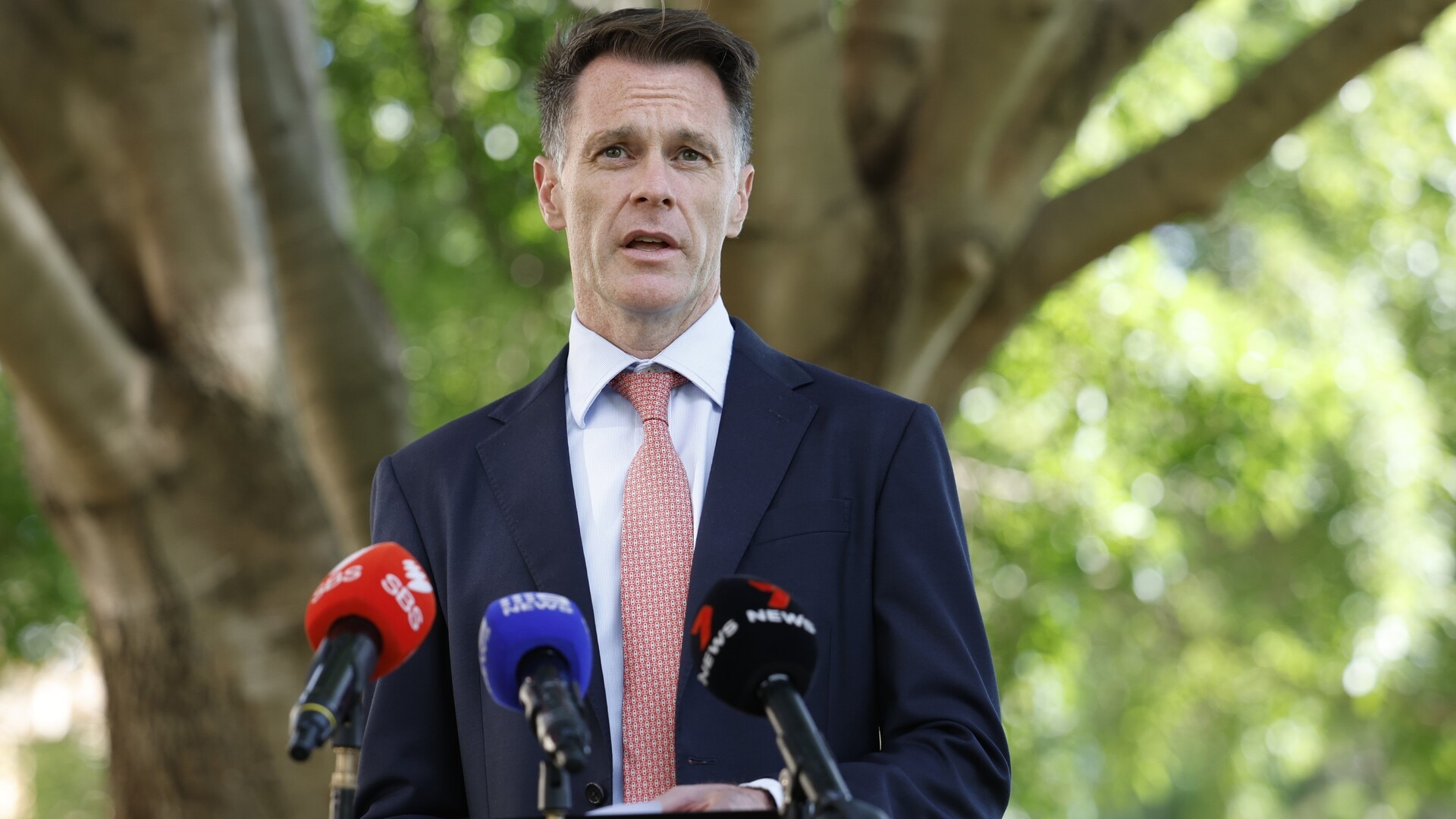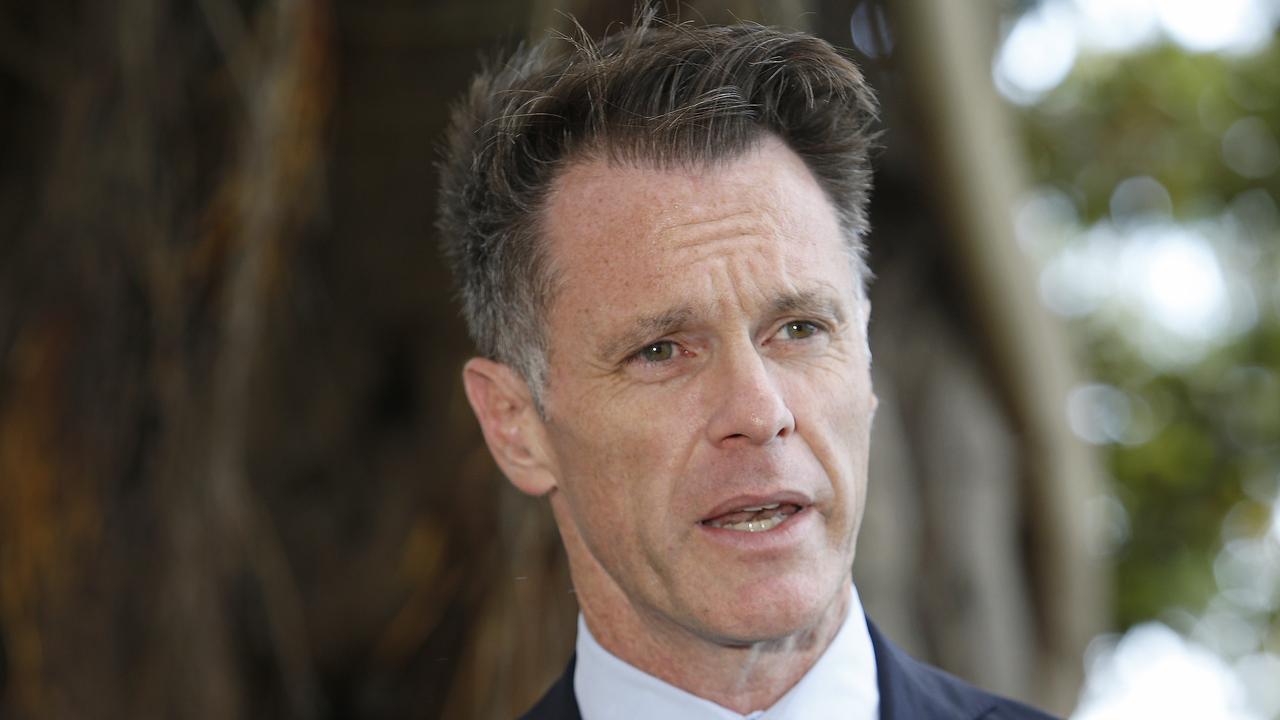‘Well and truly broken’: Big problem with NSW Government’s pill testing move
One Aussie state will finally introduce pill testing at music festivals in a bid to save lives – but there’s a lot more to the story.

OPINION
The decision of the NSW Government to finally introduce pill testing was widely welcomed by many who understand the potential for this program to reduce harm and tragedies.
Unfortunately, as details slowly become available, the clear message is that the black box of government decision making is well and truly broken.
Pill Testing Australia has continually offered to conduct free festival pill testing services to remove any obstacles to its introduction and to avoid our shared experience that the usual ‘strings attached’ funding from government is too suffocating. PTA led the way in Australia for pill testing. We opened doors, funded ourselves, took on all the risks and answered the many critics that misread our service and the evidence.

Today, other community organisations, including one with its roots in the UK, are now able to follow this lead and deliver pill testing services in Australia.
The government black box is the behind-closed-doors discussions that occur between politicians and bureaucrats on how to manage problems (bad publicity) and it was in full swing when discussing the push for pill testing in NSW after the disappointing Drug Summit. It decided that the best response was for the government itself to deliver pill testing at a cost of $1 million a year. Government employees with no experience or expertise in festival-based pill testing will now do a job that demands these two key attributes.

However, the government policy problem is not only about pill testing. It includes broader decisions on drug policy, such as the high level of government funding directed to itself from the $500 million announced by the previous NSW Government in response to the NSW Special Commission on Ice, as well as recent Federal Government decisions on vaping that included pharmacists without any prior involvement or discussions and funding for justice reinvestment initiatives that also awards itself some of the federal funds earmarked for communities.
Even when the funds do flow to frontline services, more frustration ensues with a bureaucratic process that has evolved into a focus on control, not outcomes – controls that are characterised by a set of prescriptive rules designating how a service must be provided. The development of these rules for probity and other reasons are often done internally with limited input from those affected.

Rather than go to the community to seek solutions to an identified problem, a solution is provided, and any input limited to how this predetermined solution will be implemented. These incredibly prescriptive requirements of the tendering process simply kill any innovation.
Government funding is quickly becoming something to dread rather than cheer for the community sector.
Governments can’t have all the answers and they should not be leading frontline services already being delivered by the community sector, so maybe it’s time for a black box reset by always starting with a simple question – here’s the problem, here’s the budget, what’s your solution?
Gino Vumbaca OAM is president of Harm Reduction Australia and Pill Testing Australia and treasurer of Just Reinvest NSW





